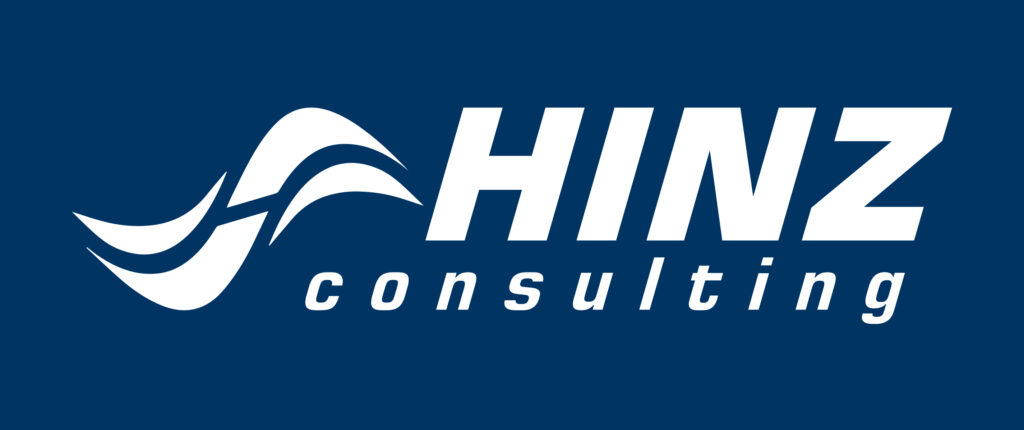Winning a government contract is a competitive process, and not every bid will result in success. However, government bid feedback offers a valuable opportunity to learn, grow, and refine your approach for future submissions. By understanding how to analyze and implement feedback, you can enhance your proposals and improve your chances of winning contracts. Here’s a guide to effectively using government bid feedback to strengthen your government contracting strategy.
The Value of Government Bid Feedback
Government agencies often provide feedback to bidders, particularly after formal requests or debriefs. This feedback offers insights into how your proposal was evaluated and highlights areas for improvement.
Feedback helps identify specific weaknesses in your proposal, such as compliance issues, unclear messaging, or pricing concerns. It also highlights strengths, allowing you to replicate successful strategies in future bids.
Understanding the agency’s priorities through their feedback can guide you in aligning your proposals more closely with their goals.
By taking bid feedback seriously, you position your organization for continual improvement and increased competitiveness in government contracting.
Requesting Bid Feedback
Not all agencies automatically provide bid feedback, so it’s essential to know how and when to request it.
- Follow agency protocols: Review the RFP or agency website for instructions on requesting a debrief or feedback session.
- Act promptly: Most agencies have specific timeframes for feedback requests. Ensure you make your request within the allotted period.
- Be professional: Approach the feedback session with a collaborative attitude, focusing on learning rather than disputing the outcome.
A well-handled feedback request shows your organization’s commitment to growth and professionalism.
Key Areas to Analyze in Bid Feedback
To make the most of government bid feedback, focus on analyzing specific areas of your proposal.
- Compliance: Did your proposal meet all RFP requirements, including formatting, structure, and mandatory sections?
- Technical Approach: How did evaluators view your methodology, deliverables, and feasibility? Were there any gaps in your technical solution?
- Pricing: Was your pricing competitive, and did it align with the agency’s budget and expectations?
- Past Performance: Did evaluators find your previous experience relevant and sufficient? Were any concerns raised about your track record?
- Clarity and Presentation: Was your proposal easy to read and well-organized? Were your key points effectively communicated?
Pinpointing these areas helps you focus on targeted improvements for future proposals.
Strategies for Applying Feedback
Once you’ve analyzed the feedback, take actionable steps to address weaknesses and build on strengths.
- Refine proposal templates: Update your proposal templates to address recurring issues, such as formatting errors or missing sections.
- Enhance compliance processes: Develop checklists or workflows to ensure all RFP requirements are met in future submissions.
- Adjust pricing strategies: If pricing was a concern, review your cost structure and explore ways to enhance cost-effectiveness while maintaining value.
- Improve technical content: Address gaps in your technical approach by consulting subject matter experts or refining your methodologies.
- Invest in training: Provide training for your proposal team to improve writing skills, compliance awareness, and strategic thinking.
By implementing changes based on feedback, you demonstrate a commitment to growth and position your team for greater success.
Common Mistakes to Avoid When Using Feedback

While feedback is valuable, it’s essential to approach it with the right mindset and strategy to avoid common pitfalls.
- Ignoring feedback: Dismissing critical feedback prevents growth and perpetuates recurring issues.
- Overreacting to negative comments: Focus on constructive solutions rather than dwelling on criticism.
- Failing to follow up: If feedback is unclear, don’t hesitate to seek clarification from the agency.
- Applying feedback inconsistently: Ensure that lessons learned are applied across all future proposals, not just one.
A thoughtful, proactive approach to feedback maximizes its benefits and sets your team on the path to improvement.
Leveraging Positive Feedback
Positive feedback is just as important as identifying areas for improvement. It highlights what you’re doing well and helps reinforce best practices in your proposal process.
- Repeat successful strategies: Identify elements that evaluators praised and incorporate them into future proposals.
- Highlight strengths in marketing: Use positive feedback as part of your marketing materials, showcasing your expertise and reliability.
- Share wins with your team: Celebrate successes internally to boost morale and recognize your team’s hard work.
Building on positive feedback ensures that you continue to refine and replicate successful strategies.
Incorporating Feedback into Long-Term Strategies
Government bid feedback should inform not only individual proposals but also your organization’s overall approach to government contracting.
- Track feedback over time: Maintain a centralized record of feedback from all bids to identify recurring themes and trends.
- Conduct periodic reviews: Regularly review your proposal processes, incorporating lessons learned from feedback into your strategy.
- Invest in tools and resources: Use proposal management software, compliance tools, or advisory services to address common challenges.
Integrating government bid feedback into your long-term strategy ensures continuous improvement and a more competitive edge in government contracting.
Final Thoughts
Government bid feedback is an invaluable resource for improving your proposal quality and increasing your win rate. By proactively seeking, analyzing, and applying feedback, you can identify areas for improvement, replicate successful strategies, and refine your approach to government contracting. Whether addressing compliance gaps, enhancing clarity, or aligning more closely with agency priorities, each lesson learned from feedback strengthens your position for future opportunities. With a commitment to growth and continuous improvement, your organization will be better equipped to succeed in the competitive world of government contracting. Conrtact us to learn more!


